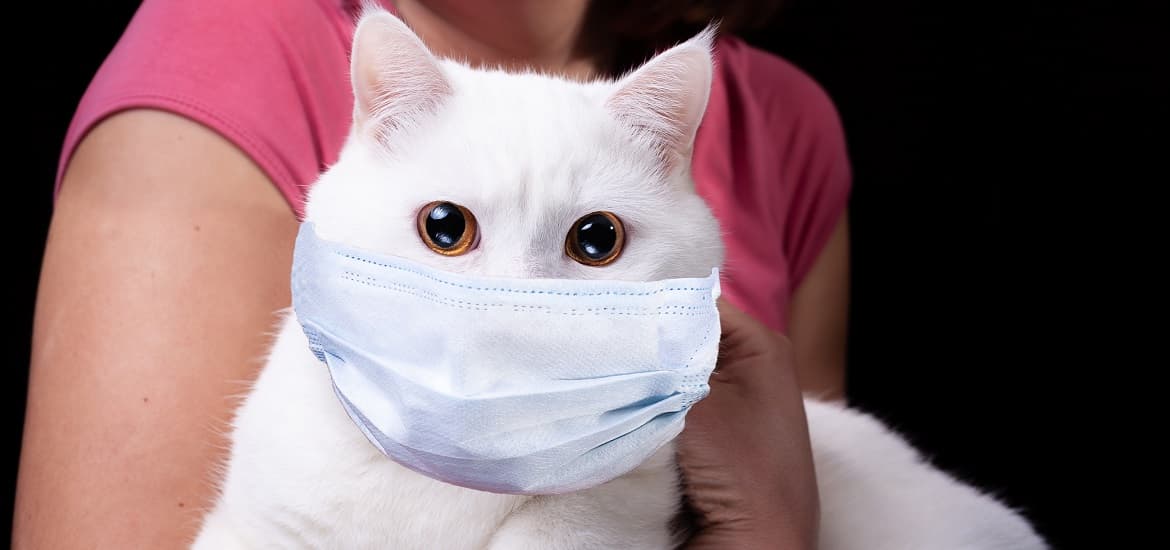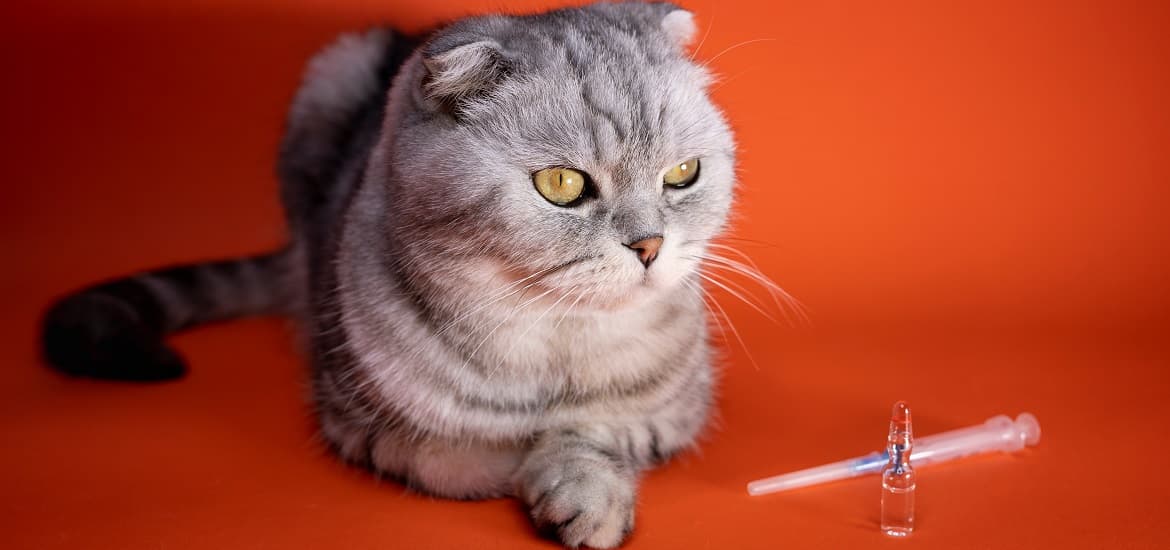Aug 19, 2021, 12:33 PM

Coronavirus in cats is generally not serious unless they get transformed into a certain form that can result in dangerous feline infectious peritonitis or FIP. The harmful strain mutates and can spread across the feline body, leading to FIP. The condition may turn serious when the virus causes inflammation of the bodily tissues in various body parts such as kidneys, abdomen and brain. Commonly, not considered a contagious disease, feline coronavirus can be fatal if it turns into FIP.
Symptoms
Loss of appetite, unstable fever, and low energy in a FIP-infected cat can be early signs of this disease and quickly administering treatments can reduce it's severity. FIP infections are majorly classified as wet and dry forms that differ in terms of symptoms. As the dry form causes inflammation of the blood vessels, this FIP infects skin, kidneys, lungs and even the brain. The wet form leads fluid accumulation inside the feline chest or abdomen and cause breathing issues.
All Feline Coronavirus Doesn’t Lead to FIP
The dangerous effects of FIP make a major concern among cat owners. However, studies prove that the conversion of feline coronavirus into FIP is highly subjective. It has been observed that all the cats that are infected with feline coronavirus don’t finally end up with FIP. The cat’s immunity plays a major role in ensuring effective protection against the virus, which can be enhanced through proper vaccination.

Keeping Recovered Cats Safe Is Important
One of the major measures to prevent FIP spreading is treating other felines in contact with the already infected cat. This will also ensure effective prevention of reinfection among the cats that have been cured of FIP. Thus, preventing cross-contamination and the spread of FIP can efficiently eradicate the disease from an infected cat.
Antibody Titers for Clear Diagnosis
As FIP infection may exhibit common symptoms that may indicate other illnesses, proper diagnosis to reinstate the feline medical condition is essential. Certified antibody titer such as Biogal VacciCheck is a reliable methods to detect FIP infection and ensure the pet patient’s health. In the case of FIP infected cats, the feline body develops antibodies to tackle the viruses and help them recover. Thus, VacciCheck can help track the recovery status of the feline through antibody titer. A negative result in the FCoV antibody test indicates the feline is not suffering from FIP. Similar to feline antibody titer tests, Eurovets Dubai also offers canine VacciCheck to evaluate their immunity status.
